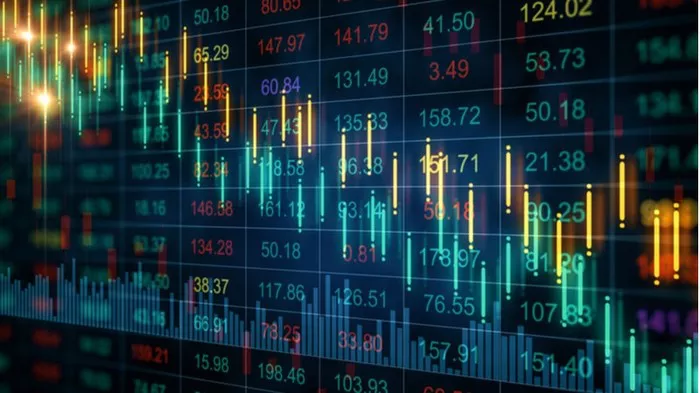Stock futures are essential instruments in the world of finance, allowing investors to speculate on the future price movements of individual stocks or stock market indices. To engage effectively in stock futures trading, it is crucial to understand how these contracts are calculated and what factors influence their prices.
Understanding Stock Futures
Stock futures are financial contracts that obligate the buyer to purchase, and the seller to sell, a specified quantity of a particular stock or a stock market index at a predetermined price on a future date. These contracts are standardized and traded on futures exchanges, providing investors with a means to hedge against price fluctuations or speculate on future price movements.
Key Features of Stock Futures:
Standardized Contracts: Stock futures contracts have standardized terms and conditions, including the quantity, expiration date, and underlying asset (stock or index).
Leverage: Futures trading typically involves significant leverage, allowing traders to control a more substantial position with a relatively small amount of capital. This leverage amplifies both potential gains and losses.
Expiration Dates: Each stock futures contract has a specific expiration date, after which it can no longer be traded. Traders can choose contracts with varying expiration dates to align with their trading strategies.
Cash Settlement: Most stock futures contracts are cash-settled, meaning they do not result in the actual delivery of the underlying stock. Instead, they are settled in cash based on the difference between the contract’s price and the market price of the stock or index at the time of expiration.
Calculation of Stock Futures Prices
The price of a stock futures contract is determined through a relatively straightforward calculation that takes into account several key factors:
Current Stock or Index Price: The most crucial component of the calculation is the current market price of the underlying stock or index. This price serves as the baseline for the futures contract.
Dividends and Income: If the underlying stock pays dividends or generates income, these factors are considered when calculating the futures price. Dividends typically reduce the futures price, as they represent a benefit to the stockholder.
Risk-Free Interest Rate: The risk-free interest rate, often represented by the yield on a government bond, is factored into the calculation. This rate accounts for the time value of money and the opportunity cost of holding the futures contract instead of investing in a risk-free asset.
Time to Expiration: The number of days remaining until the futures contract’s expiration date is a significant factor. As the contract approaches expiration, its price will gradually converge with the current market price of the underlying stock or index.
Cost of Carry: The cost of carry accounts for expenses related to holding the futures contract until expiration. This includes financing costs, storage costs (in the case of physical commodities), and any income generated from the underlying asset.
Market Expectations: Market sentiment and expectations also play a role in determining futures prices. Traders’ perceptions of future stock or index movements can influence the demand for futures contracts, impacting their prices.
Factors Influencing Stock Futures Prices
Several factors can influence the prices of stock futures contracts, leading to fluctuations and opportunities for traders and investors:
Earnings Reports: Positive or negative earnings reports from the company or companies represented in the futures contract can significantly impact prices. Strong earnings can boost demand for futures, while poor earnings can lead to declines.
Market Sentiment: Broader market sentiment, driven by economic data, geopolitical events, or global economic conditions, can affect futures prices. Positive sentiment can drive bullishness, while negative sentiment can lead to bearishness.
Interest Rates: Changes in interest rates can impact the cost of carry component of futures pricing. Higher interest rates may lead to higher futures prices, as the cost of financing positions increases.
Dividend Announcements: Dividend announcements by companies represented in the futures contract can influence prices. A higher dividend may lead to lower futures prices due to the reduction in the cost of carry.
Market Liquidity: Liquidity in the futures market can affect prices. Higher liquidity generally results in more efficient pricing, while lower liquidity can lead to wider spreads and potential price disparities.
Conclusion
Stock futures are valuable financial instruments that allow traders and investors to speculate on the future price movements of individual stocks or stock market indices. Understanding how stock futures are calculated and the factors influencing their prices is crucial for making informed trading decisions.
The calculation of stock futures prices takes into account the current stock or index price, dividends, risk-free interest rates, time to expiration, cost of carry, and market expectations. These components work together to determine the fair value of a futures contract.
Various factors, such as earnings reports, market sentiment, interest rates, dividend announcements, and market liquidity, can influence stock futures prices, leading to opportunities for profit and risk management.
By gaining a deep understanding of the mechanics behind stock futures pricing and staying informed about market dynamics, traders and investors can navigate the futures market effectively and make well-informed trading decisions.


